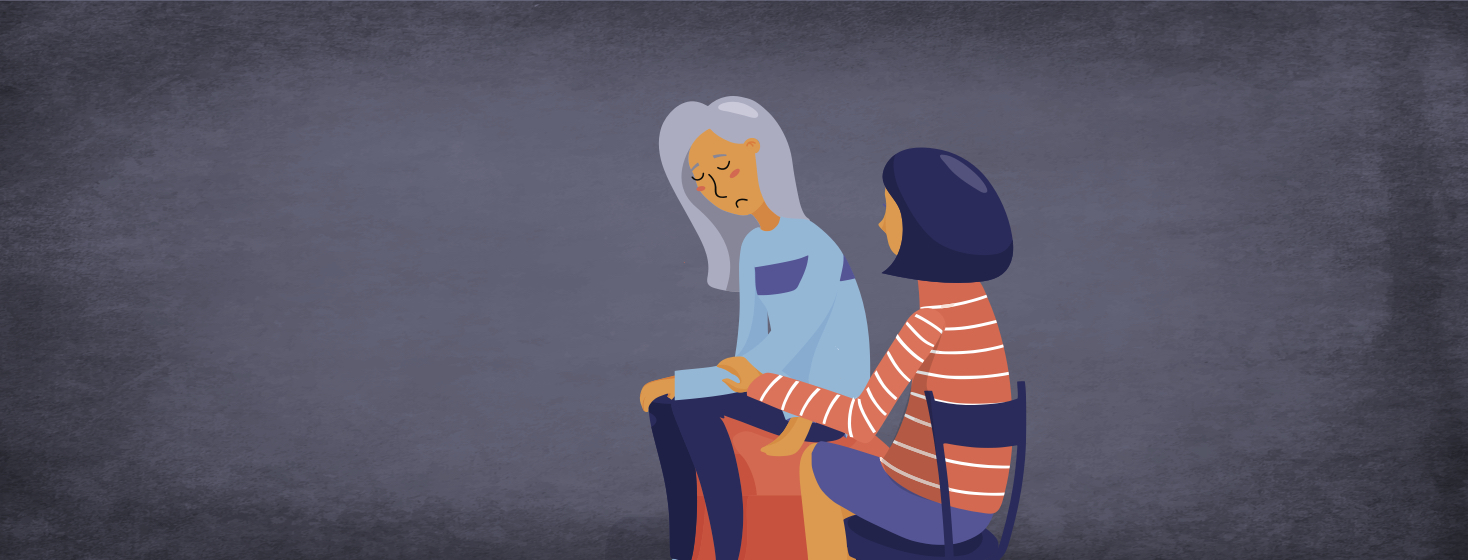It’s Important to Pay Attention to Your Mental Health
I read a startling statistic the other day about suicide and lung cancer diagnoses. According to a public release by the American Thoracic Society on May 23, 2017, “a lung cancer diagnosis appears to put patients at the greatest risk of suicide when compared to the most common types of non-skin cancers.” Not just a slightly higher risk — a 420% increase in risk over the general population!!! This was unique to lung cancer; other cancers averaged somewhere from 20-60% risk increases.1
Positive steps forward in recent years
The study looked at suicide rates over the past 40 years and noted that there has been a reduction in the lung cancer suicide rate over time. Well, this makes a lot of sense to me. Many significant lung cancer improvements in treatment have happened in the past 5-10 years. In earlier years, there was not a lot of hope for the future of patients diagnosed with lung cancer. Fortunately, through more recent developments, a larger number of patients like myself are surviving with lung cancer long-term.
Adjusting to life with lung cancer
Although there is more hope for lung cancer patients, it is still a challenge to live with a disease such as lung cancer. I have had to learn to live with constant uncertainty, continuing to lead a productive, active life while confronting my own mortality at the same time. To be honest, I led a relatively charmed, healthy life prior to diagnosis and hardly ever even took over-the-counter medications for everyday issues. Changing to a lifestyle of treatments, scans, oncologist visits, etc. was a huge adjustment!
Even though there are numerous Facebook groups and other online sites for lung cancer patients to find support, I’ve noticed that mental health isn’t discussed very often. It should be! When I was diagnosed with lung cancer at 47 years old, I needed to grieve the end of my old life in which I planned for the future with ease. This was hard and I couldn’t do it on my own. I went through the first three stages of grief — denial, anger, and bargaining — but got stuck on depression and couldn’t move to the final stage of acceptance on my own. I went to therapy and five years later, still take daily anti-depressants and as-needed anti-anxiety medications to help me handle my new normal.
Shedding light on mental health
Although this is certainly not a secret, I’ve never talked about my mental health issues publicly before. While there’s definitely much more understanding today about depression and anxiety, there is still a perception that people should be strong enough to handle everything that life throws at them on their own. This was not true for me and I am sure is also not true for many others. I needed help to figure out how to continue to live my life without focusing on worries about the future.
I encourage any lung cancer patients reading this, whether newly diagnosed or a long-term survivor, to pay attention to their mental health. There’s no shame in needing some help to make sense of the drastic changes in your life caused by lung cancer. We need to talk with each other as openly about mental health issues as we do about treatment challenges!
Editor’s Note: We are extremely saddened to say that on June 23, 2024, Ivy Elkins passed away. Ivy’s advocacy efforts and writing continue to reach many. She will be deeply missed.

Join the conversation